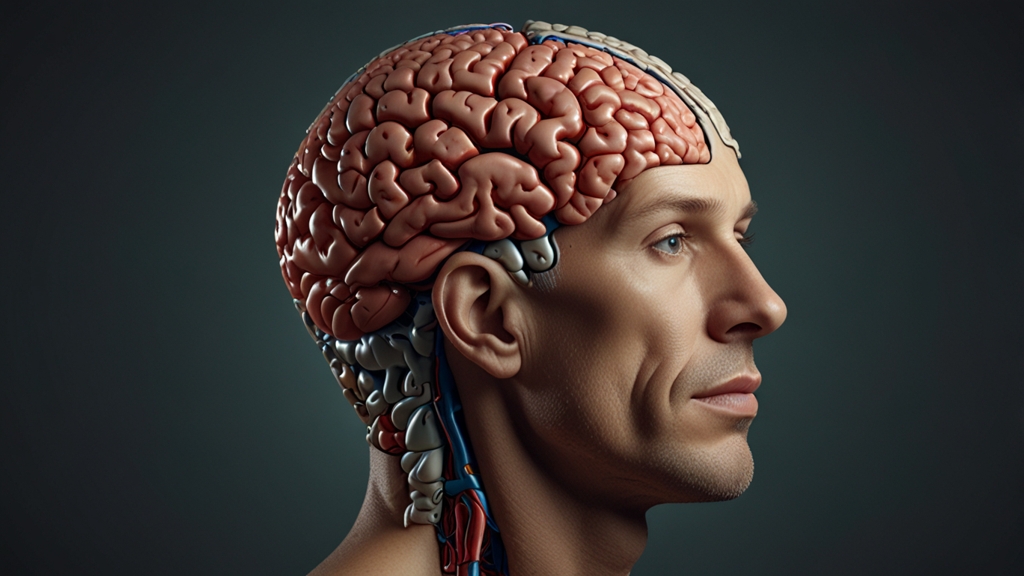The Logic Revolution: How It's Changing Our World
The world as we know it is undergoing a dramatic transformation, driven largely by what experts are calling the "Logic Revolution." As we step into an era where artificial intelligence, data analytics, and machine learning are at the forefront, the ways we think, work, and live are being reshaped in fundamental ways. At the heart of this revolution lies an emphasis on logic—a methodical approach to problem-solving that relies heavily on data and algorithms.
The Core of the Logic Revolution
The Logic Revolution is underpinned by advancements in technology that enable more efficient processing of information. We're seeing a shift from traditional, experience-based decision-making to data-driven strategies. This pivot brings with it increased accuracy, efficiency, and the ability to solve complex problems that were previously insurmountable.
"The future is all about making informed decisions quickly and accurately, and that’s what the Logic Revolution facilitates." - Jane Doe, Data Scientist
Transforming Industries
One of the most noticeable impacts of the Logic Revolution is in the business sector. Companies are leveraging big data to understand market trends, consumer behavior, and to innovate their products and services. Machine learning algorithms can predict customer needs, optimize supply chains, and even personalize marketing efforts to unprecedented degrees of accuracy.
Healthcare is another industry feeling the transformative power of logical methodologies. AI-powered diagnostic tools are enabling doctors to offer more accurate diagnoses and personalized treatment plans. Predictive analytics can foresee disease outbreaks, optimize hospital resources, and improve patient outcomes.
"In healthcare, the application of machine learning isn't just a luxury; it's becoming a necessity for providing high-quality care." - Dr. John Smith, Medical Researcher
Impact on Society
Beyond industry and business, the Logic Revolution is making waves in society at large. Educational systems are incorporating AI tools to offer personalized learning experiences, making education more accessible and effective. Governments are using data analytics to formulate policies, manage resources, and address social issues such as crime and poverty.
However, the societal implications go further. Ethical considerations are becoming crucial as the influence of machines grows. Questions around data privacy, algorithmic bias, and the future of work are pressing concerns that need to be addressed thoughtfully.
The Ethical Dimension
With great power comes great responsibility. As we race towards a future dominated by AI and data analytics, it's essential to weigh the ethical ramifications. Data privacy is one of the most critical issues. With vast amounts of personal data being collected and analyzed, ensuring that this information is used ethically is paramount.
"Data-driven decisions can be incredibly effective, but we must ensure they are also fair and just." - Alice Johnson, Ethics in AI Specialist
Conclusion
The Logic Revolution is undoubtedly reshaping our world in profound ways. From transforming industries to influencing societal norms, the emphasis on data-driven, logical decision-making holds the promise of a more efficient and effective future. However, as we embrace these changes, it's crucial to remain vigilant about the ethical implications to ensure a balanced and just application of these powerful technologies.






